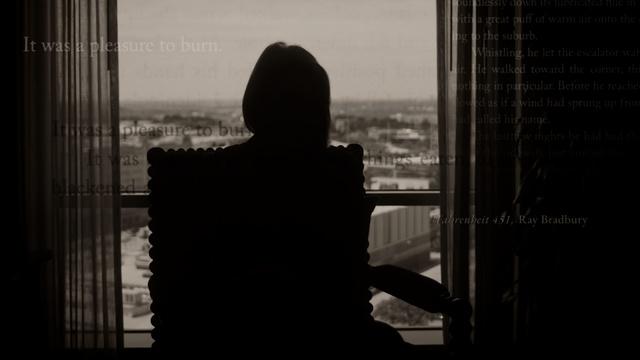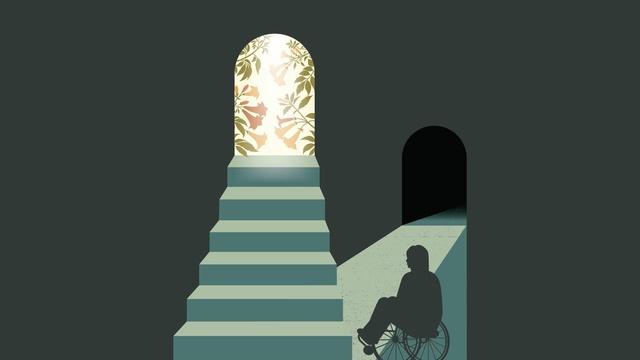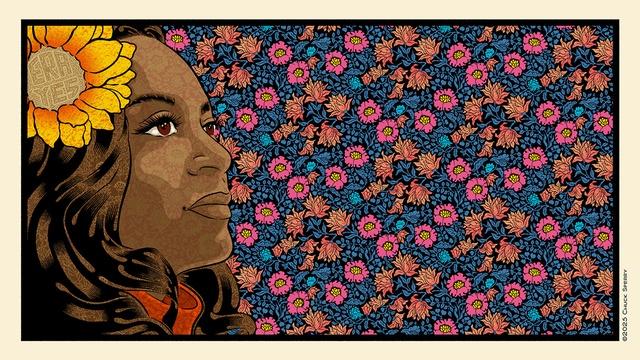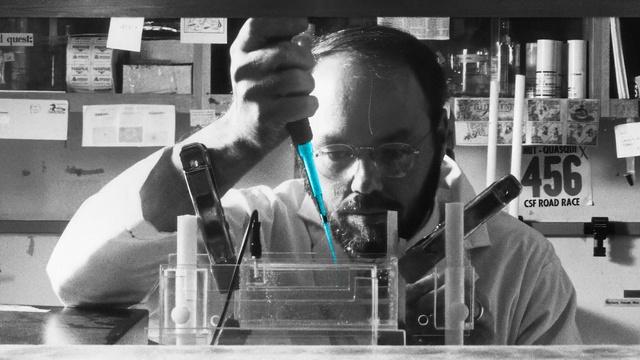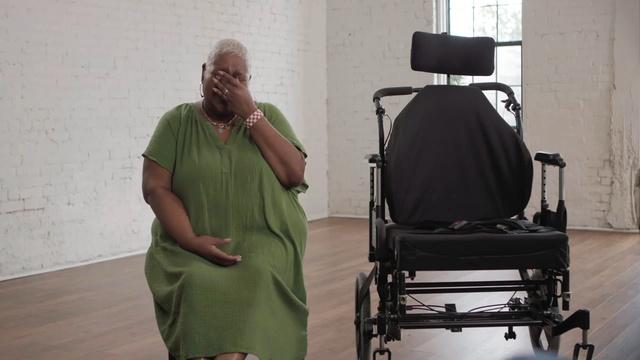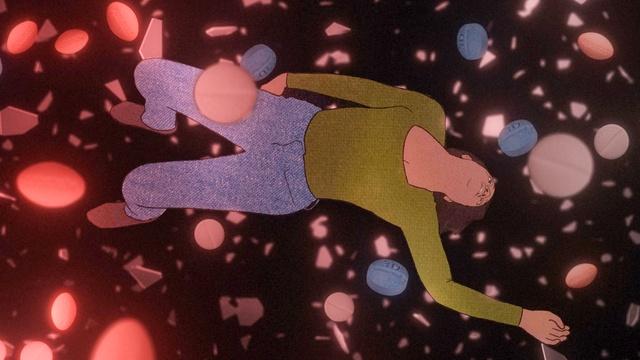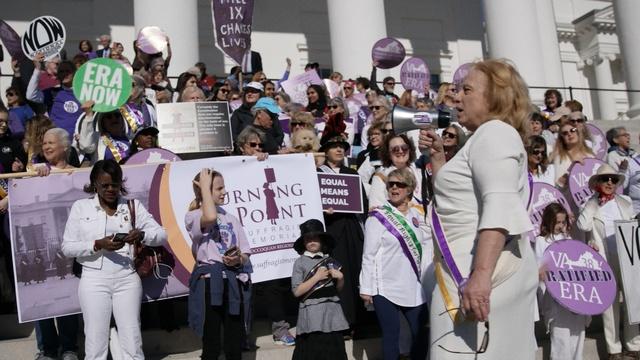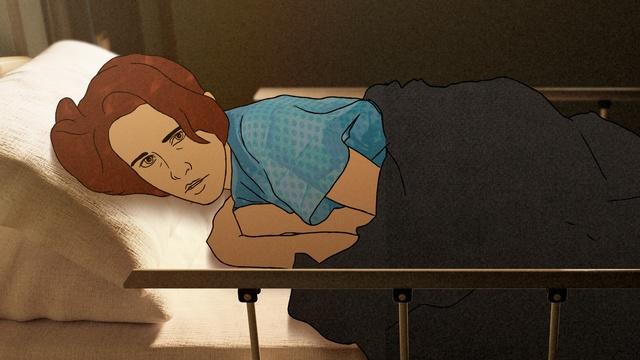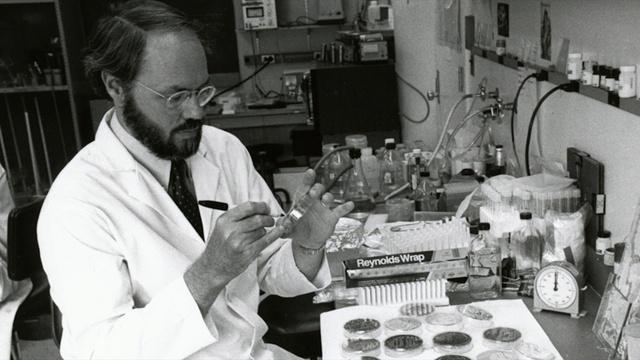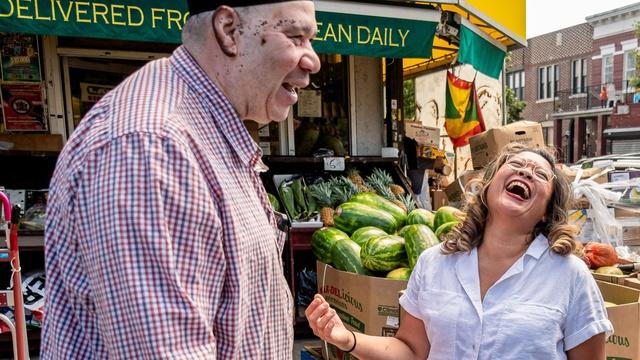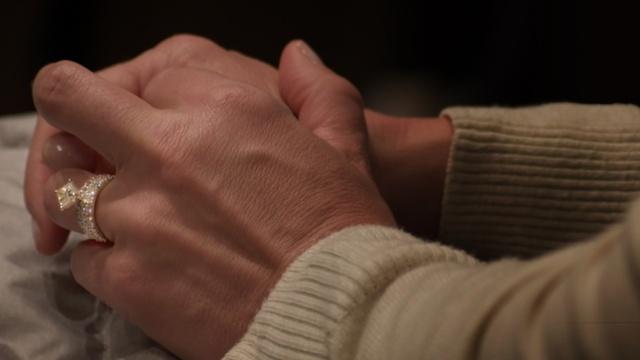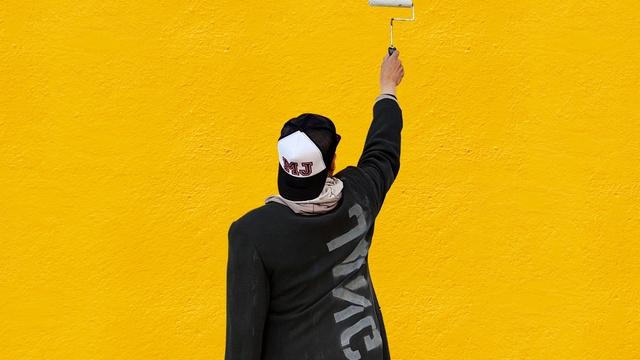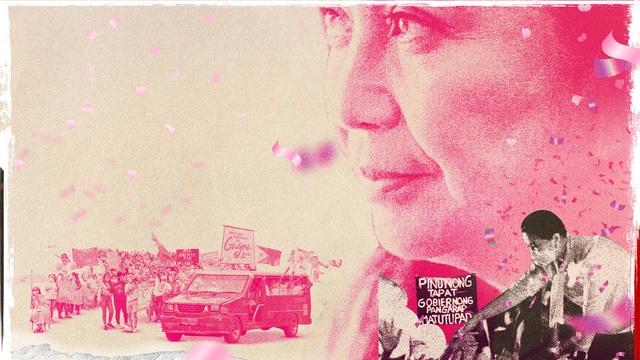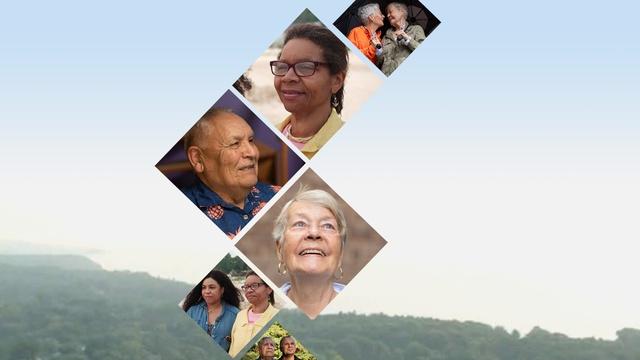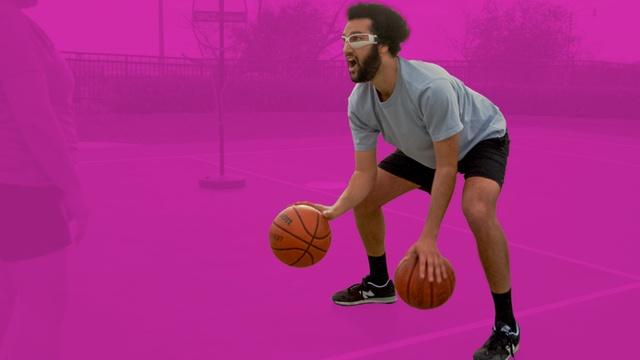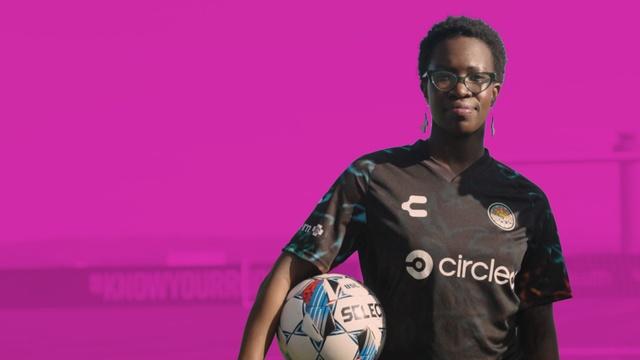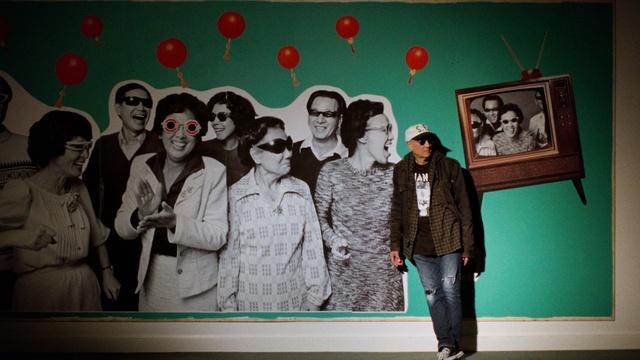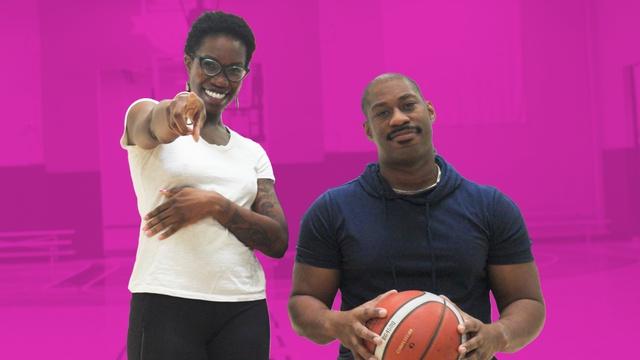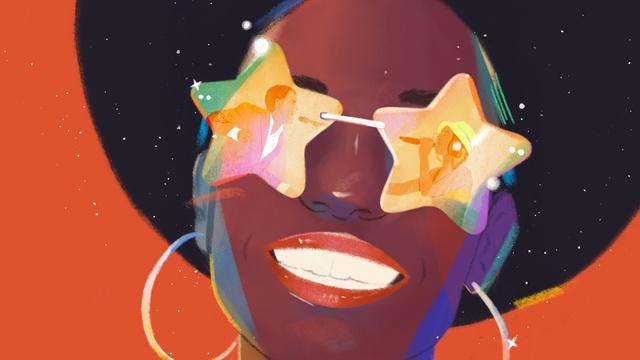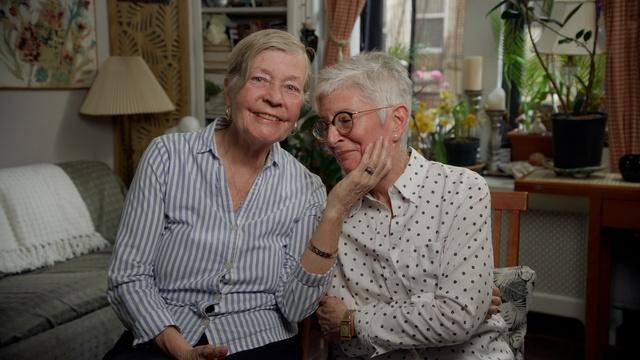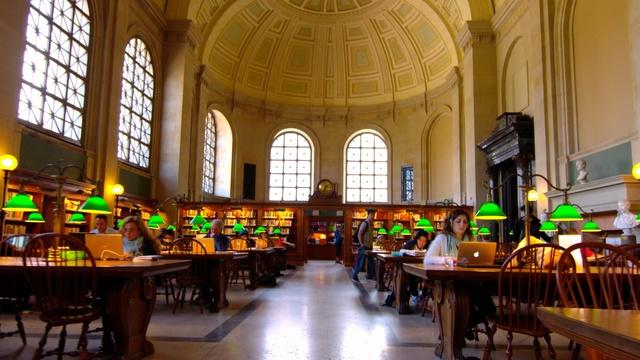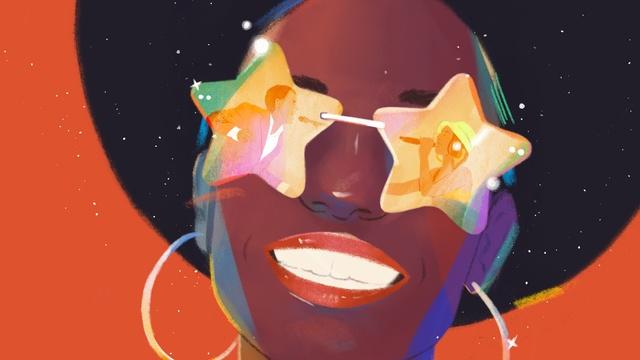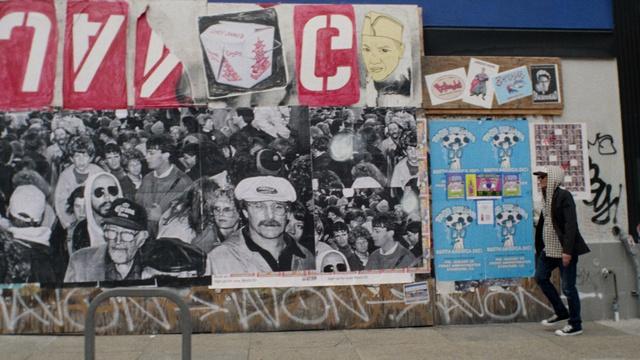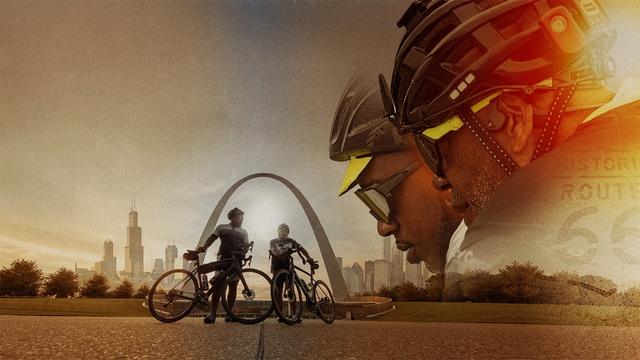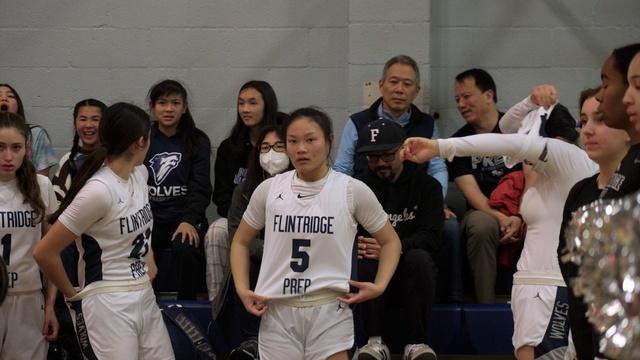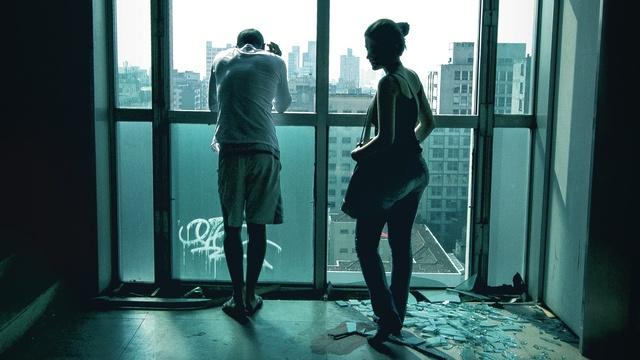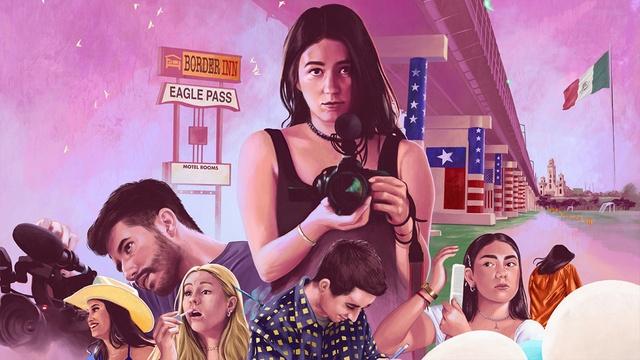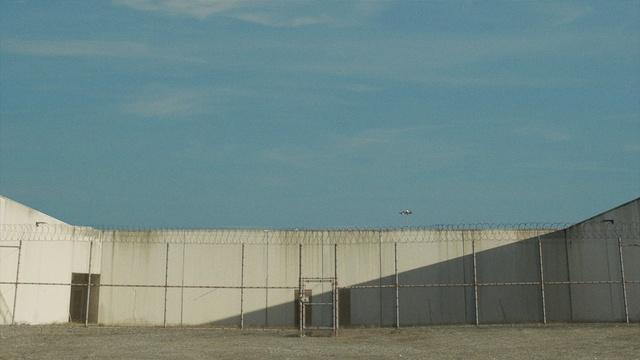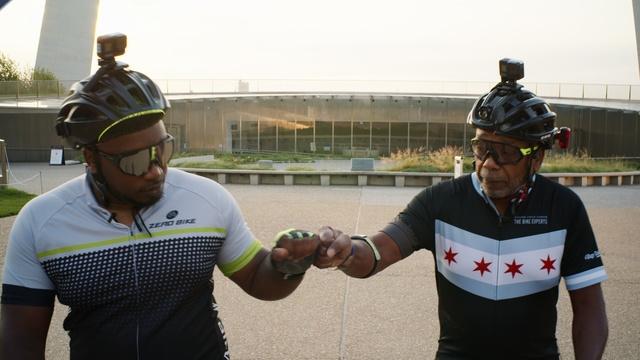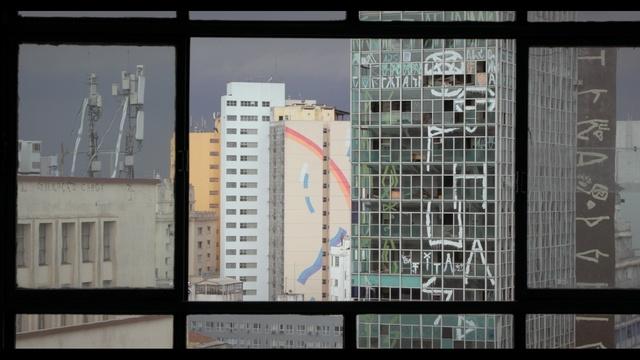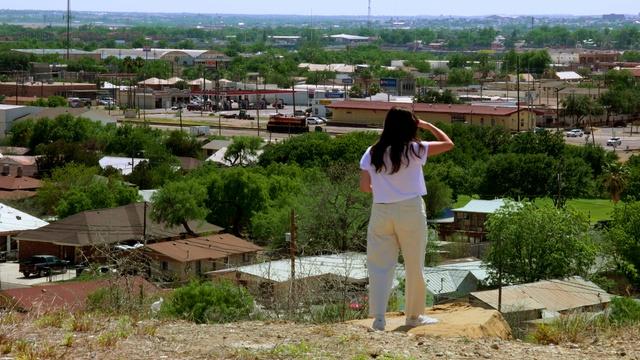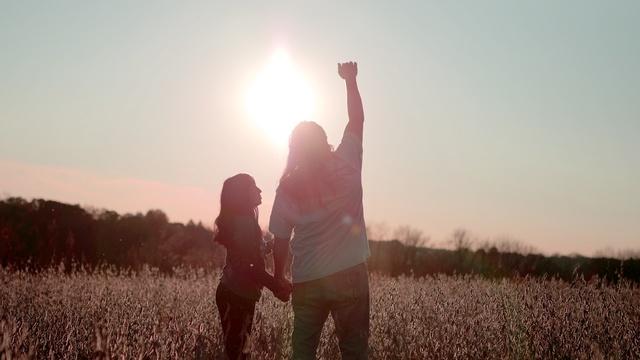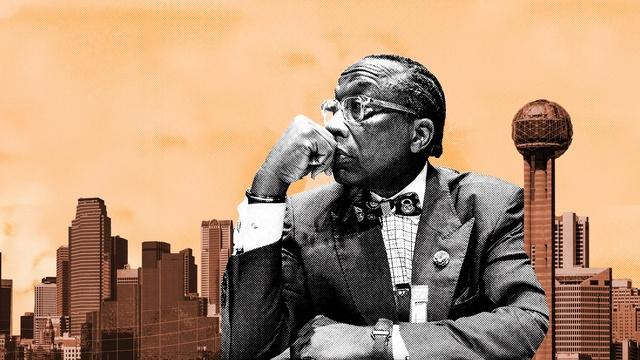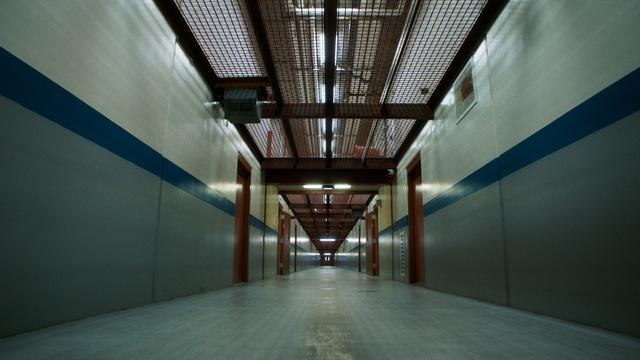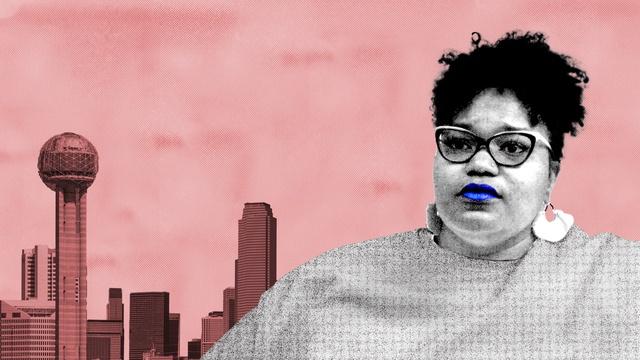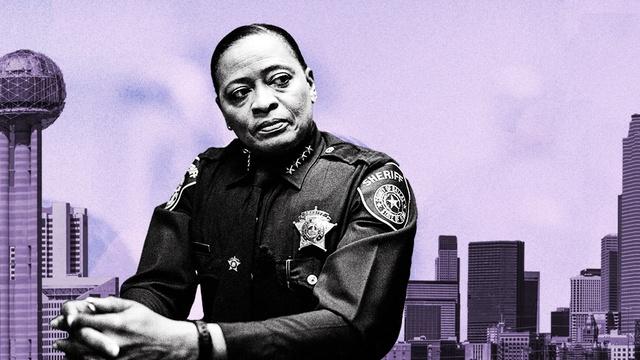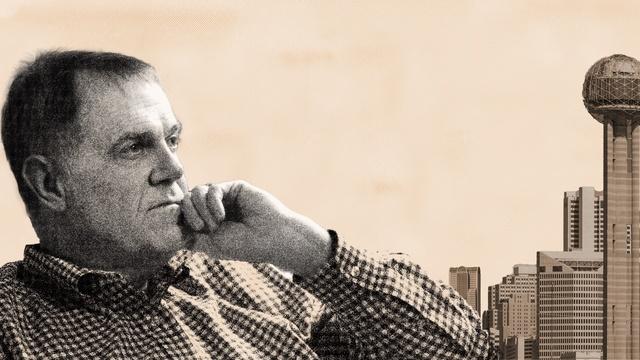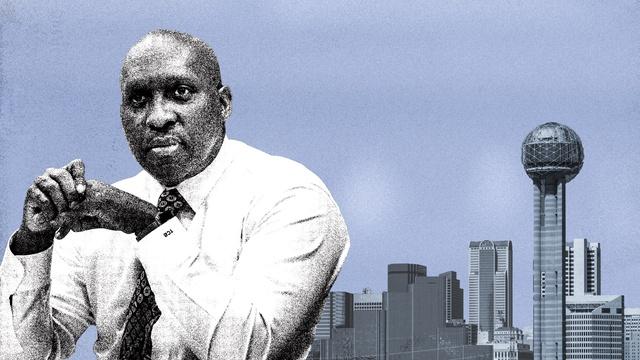Lesson Plan: MLK
From: PBS NewsHour EXTRA
Subjects
English, Social Studies, Government
Estimated Time
One 50-minute class period, plus extended activities
Grade Level
9-12
Objective
Students will study Martin Luther King Jr.’s “I Have a Dream” speech and discuss the rhetorical influences on King’s speech, the oratorical devices that King used in delivering his speech and how a speech is similar to/different from other literary forms.
Background
Dr. Martin Luther King Jr.’s most memorable speech from his life as an activist, “I HAVE A DREAM,” was delivered August 28, 1963, before more than 200,000 people in front of the Lincoln Memorial in Washington, D.C. The speech was part of the March on Washington for Jobs and Freedom. The speech not only helped to galvanize the already growing civil rights movement across the country at the time, it also became one of the most influential and inspirational pieces of rhetoric in American history.
Remarkably, midway through his delivery, King suspended his pre-scripted text and began to improvise; what resulted was the speech’s most recognizable section, the passage in which the words “I have a dream” are passionately repeated. Indeed, King’s background as a Baptist preacher in the South instilled in him a talent for improvisation as a speaker and the skill to frame the urgency of the moment.
What is also apparent in “I Have Dream” is King’s deep commitment to scholarship (he earned a Ph.D. from Boston University). King was clearly well-versed in both American history and religious scripture, and he seamlessly weaves references to both into the fabric of his oration. Overall, “I Have a Dream” can be held up as a masterful creative work in itself; its dramatic structure coupled with its image-laden content render a remarkably moving piece of American literature that when read even outside of its original context still strongly resonates today.
- Procedure
Begin by supplying foundation material for the students through the NewsHour Extra article and the NewsHour’s Martin Luther King, Jr. section, the background explanation above and the links provided.
Distribute the COMPLETE TEXT OF “I Have a Dream.“
Review the LITERARY TERMS HANDOUT with the students.
Have the students carefully read the entire speech, either in small groups or individually — preferably aloud. After they have read the text, ask them to address the following activity questions:
What examples of figurative language can be found in the text? (For example, “seared in the flames of withering injustice”; “manacles of segregation and the chains of discrimination”; “whirlwinds of revolt”; “oasis of freedom and justice”; “symphony of brotherhood.”
How do these uses enhance the overall impact of the speech? What oratorical devices does King use to add vitality and force to his speech? (For example, use of refrains such as “I have a dream,” “let freedom ring” and “we can never be satisfied”; multiple shifts in sentence lengths; dramatic shifts in tone, such as from enraged to cautionary to hopeful; use of questions as well as exclamations, such as “when will you be satisfied?” and “I have a dream today!”)
In what specific ways does King call forth his experience as a preacher to lend persuasive power to the speech? (For example, he uses several images that call to mind both the plight of black Americans as well as the Old Testament Hebrews under the oppression of slavery — “the manacles of segregation” and the “chains of discrimination”; the final line of the speech invokes “the old Negro spiritual” and is steeped in Biblical influence — “Free at last, free at last; thank God Almighty, we are free at last!”
Discuss the responses as a class.
Extension Activity
For this first extension activity, have the students compare the structure and content of “I Have a Dream,” Lincoln’s “Gettysburg Address” and Kennedy’s inaugural address.
This activity may be done with any number of other influential speeches as well. A primary goal here is to help the students see the common structural and figurative threads that tie together many famous oratorical works. After the students have carefully studied the three speeches, you may wish to begin with the following questions, being sure they defend their responses with supporting examples:
How are the speeches alike and/or different in their choices of language? In other words, do the speeches seem as if they were composed for the general public or rather for specific groups?
Of the three, which do you see as being the most direct? That is, which speech uses the least amount of figurative language and/or obscure references?
Which of the three is the most metaphorical in its content? In other words, which makes the most use of figurative language?
For each speech, explain how relevant its ideas would be in society if the speech were delivered today. Do the mentioned struggles still exist? Has the country evolved since the speeches were given? Has society responded to the specific appeals for change?
Based strictly on the texts themselves, which speech do you see as the most:
Eloquent?
Passionate?
Intellectual?
Persuasive?
Honest?
For this second extension activity, in the spirit of “I Have a Dream,” have the students compose and deliver speeches that address a wrong or injustice they see in society. Suggested guidelines are:
5-10 minutes in length
Clearly defined opening, body and conclusion
Clearly defined thesis (main point)
Use of supporting examples to support thesis
Use of figurative language
Use of oratorical devices such as refrain and hyperbole
Clearly expressed goals (legal reform; public awareness; etc.)
Return to the
Real Talk
Main Page
Watch Online
TV Schedule
-
asia insight
Asia Insight
Thursday, 1/1 at 6:30 P.M. on WORLD -
the gospel train/the golden age of gospel
Gospel
Friday, 1/2 at 9:00 P.M. on EXPLORE -
we want the funk!
Independent Lens
Monday, 1/5 at 3:34 A.M. on NHPBS -
bike vessel
Independent Lens
Tuesday, 1/6 at 12:00 P.M. on EXPLORE

